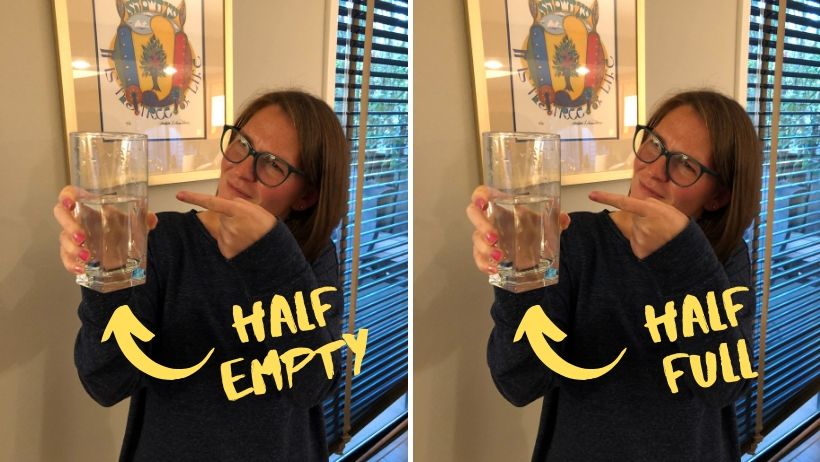This week we read the story of Balak and Balam. It’s the closest thing we have in the Torah to a Warner Brothers slapstick cartoon, in which this duo seeks to curse the Israelite nation, but everything that can get in their way to stop them, does. But if we can get past the talking donkey, I wanted to draw your attention to one particular message we read this week.

Balak and Balam go out to curse the Israelite nation, but they each have a different perspective. Balak can only identify the differences between himself and others – in this case the Israelites – and can only think to offer a curse. Balam on the other hand, although he intends to be negative, ends up seeing the positive. Balam opens his mouth to curse the Israelites, but instead this blessing comes out: “Ma tovu ohalecha Ya’akov mishkenotecha Yisrael.” How wonderful are your tents, O Jacob, your dwellings, Israel.
Those words may not have been Balam’s intent, but according to our commentary, this line accurately reflects Balam’s perspective, viewing the Israelites himself. Specifically, he sees that the Israelites, unlike other nations, set up their camp with their tents all facing the center, which created a sense of community while maintaining individual or family private space. This type of shared community represents a big cultural difference between the Israelites and their surrounding neighbors.
Balak intends to curse a culture and people that look different from him, while Balam, though not by choice, sees beauty and value in the diversity and compliments it. Parshat Balak, besides being known as sort of a cartoony story, is a reminder that fear or hatred of our differences is a choice. We can choose to be scared of a cultural identity other than our own, or we can choose to embrace it. We can use our words and our attitudes to berate or belittle, or we can see the blessing in our diversity.



